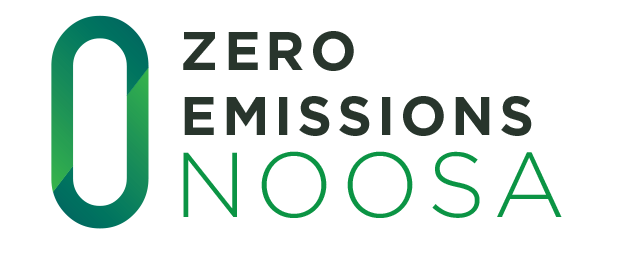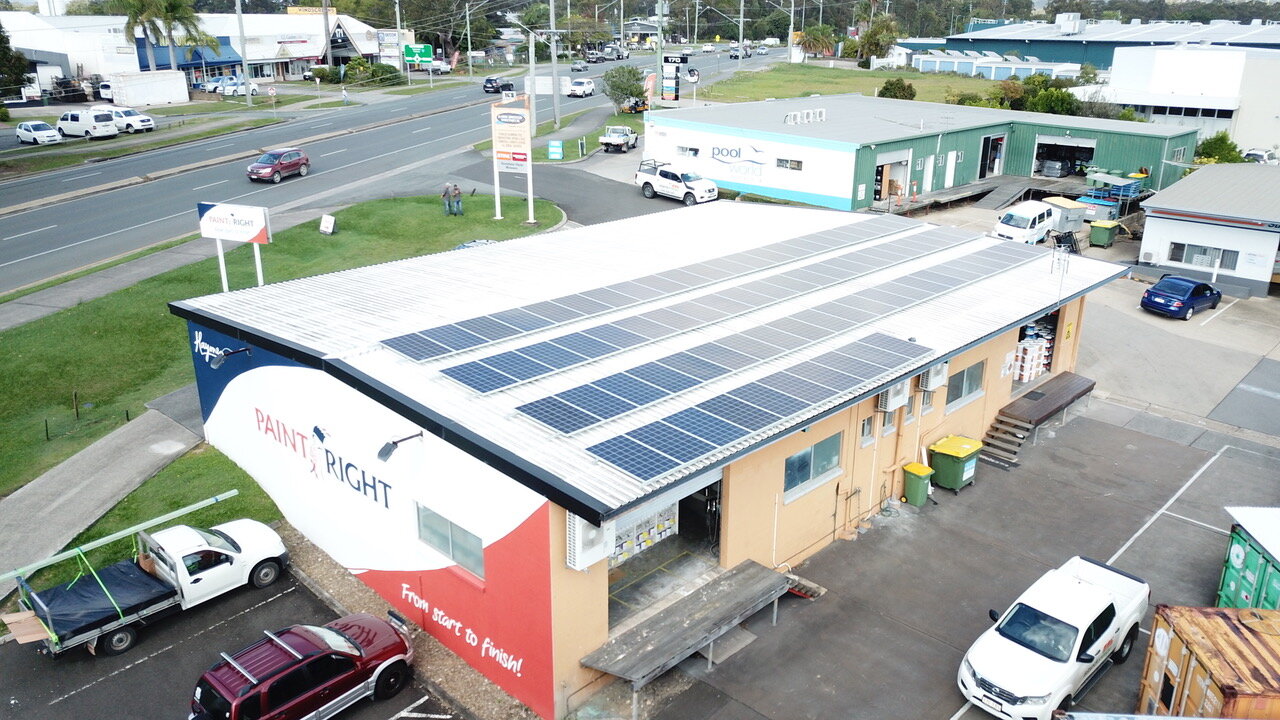SOLAR OPERATING LEASE
A solar operating lease is a finance agreement in which the lessor (owner of the solar system) allows you to use the system for a period which is less than the economic life of the system and during which time you make regular periodic payments.
Image: Bissell’s Paint & Panel
WHAT IS IT?
When you enter into a solar operating lease agreement, you are letting someone else install a solar system on your property (generally the roof), at little or no cost to you, the property owner. You are also agreeing that you pay a fixed monthly lease fee. Like any other lease, the lessor will retain ownership of the system and you will pay regular monthly payments that give you the right to use the system to generate electricity for your business. The general term of solar operating leases is between five and ten years.
WHO WOULD A SOLAR LEASE SUIT?
Solar leases are suitable for installations that have a high retained value at the end of the lease term and so are particularly well suited to larger systems on commercial or community properties.
WHAT ARE THE BENEFITS?
Leasing arrangements with no upfront deposit are generally available and you can get a solar system installed without any, or for a very small, up-front cost.
With many lease providers you can negotiate the term of the agreement, often anywhere from two to seven years, with corresponding repayments to suit your cash flow.
Often the monthly lease payments are less than the savings you get from replacing electricity from the grid, giving you a positive cashflow outcome right from the beginning.
Unlike many other operating leases, your monthly payments may be tax deductible (you should seek independent accounting guidance). Remember however, that its benefit is offset somewhat by the loss of the tax deduction you now get for your electricity cost.
One of the major benefits of an operating lease is that during the time you make your repayments, the lessor is responsible for the maintenance and upkeep of the system. You don’t have to pay anything extra if something breaks down and needs fixing or replacing.
Reduce your overall cost by paying a lesser amount of interest.
TRAPS FOR THE UNWARY
Carefully check the contract as there are different models for solar operating leases. For example, some transfer ownership to you at the end of the term while with others there may be a ‘residual’ to pay before ownership is transferred to you.
Be careful of the assumptions made in any sales pitch: check and verify the assumptions of energy price rises, interest rates, operating costs and return on investment.
You are locked into a fixed contract for the term and exiting early may have a significant cost.
Generally, your system will be designed to produce less electricity than you use, so you will still have to pay for the additional power you purchase from the grid.
Make sure you tally up all of the repayments you will make during the term and compare the total to the upfront cost of the system: the difference is the cost, or interest, you are paying for the facility.
Most of all, make sure you are dealing with a reputable lease provider.
Before you make any final decisions ... about which type of financing option you choose, consider how it will impact you and your business. Each is suited to different commercial circumstances.
To help you understand the options Zero Emissions Noosa (ZEN) Inc. has produced a series of fact sheets to help you weigh up the pros and cons of the most common ways you can finance your solar installation.
Remember though if you have the cash, you may well benefit financially by paying upfront.
Navigate to other parts of the Finance Toolkit using the buttons below, or click on the images at the bottom of the page to download PDF versions of the factsheets.
Disclaimer: This is not is not financial advice. You should consider seeking independent legal, financial, taxation or other advice to check how this information relates to your unique circumstances. ZEN is not liable for any loss caused, whether due to negligence or otherwise arising from the use of, or reliance on, the information provided directly or indirectly, by use of this factsheet.







